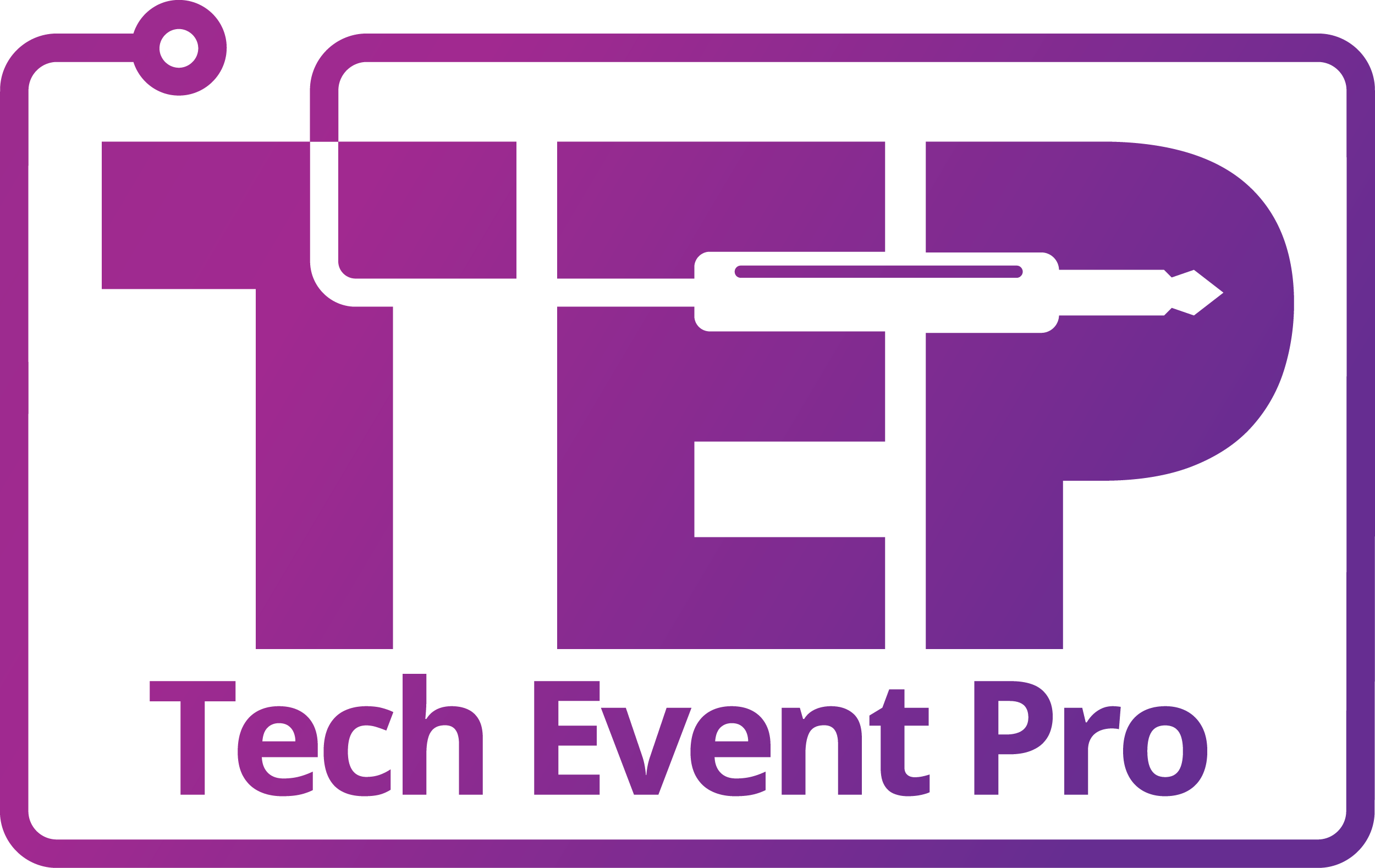
The truth is that event budgeting is quite overwhelming, and it is one of the most challenging parts of the planning process. At the same time, it also is a crucial element in setting up your overall event objectives. Given its role in event planning, being able to plan the budget well will take time and serious effort, and it will also likely determine the success or failure of the event.
There are a lot of expenses to consider, and a detailed budget planning process is essential to track all the costs that you’re going to invest, as well as what your revenues will be! And if you’re not exactly a number person, you still can keep your event planning budget on track. Solution: we’ll inform you how.
Here’s how to budget for your event.

Determine your Budget Strategy
In this step, you have to review your historical data from recent events as a reference for how much you will be able to spend. You’ll have a better idea of what needs more budget if you’ve identified the exact areas where you tend to overspend. This will make cash holes simpler to correct sooner in the process. Additionally, you might ask your employer and clients for their approval of your preliminary budget. In this way, you will have a current document that you can update along the process.

Set Goals
Once you’ve identified where you need to reduce your expenditures, you can set specific goals. If you want to increase the amount of financing you receive from sponsors or stretch your budget further without using up all of your reserve funds, setting goals will help you stay focused.
Early on, decide how many tickets you’ll sell and how much money you’ll bring in from sponsorships. You will keep your income in line with your demands by doing this simple step.

Make an Inventory of All Your Expenses
Structure your event’s key elements to concentrate your spending and invest in the most important aspects first. After defining your broad categories, drill down and fill in prices.
On a tight budget, strive to be as specific as possible. Since you may have been purchasing things like “general session” and “breakouts” from separate AV vendors, avoid the urge to combine them. Observe profit or loss in real-time by utilizing formulas and track costs throughout the planning process.

Consider your ROI
Organize the most critical components of your event in a way that will help you focus your expenses and make investments in the areas that matter the most. After you have determined the main categories that will be used, start to dig further and fill in between the lines. In this way, you set yourself up for success.
Then compare your expenses with your revenue projections to make sure you are on track. Adjust as necessary when you find that the numbers don’t line up. Planning on a spreadsheet is far less costly than an unnerving budget meeting with your boss post-event.

Don’t Ignore the Budget
Always go into every negotiation with a budget in mind. It makes the job of designing so much easier! Then, spend a little bit of time on your budget every day—at least ten minutes. This process will help you remain on top of new developments in real-time, rather than letting things build up in a heap. Ignoring your budget while planning your event is a common budgeting blunder!
The utilization of technology or an app that to report spending can assist in ensuring that your budget is updated with the most recent information possible. Make sure you allow access to your whole team for a comprehensive overview.
Takeaway:
In order to create a successful budget for your event, list all of the potential costs and profits associated with the event while keeping your cash flow in mind. It is absolutely necessary to keep close tabs on your spending and do regular reviews of your budget if you want your event to be a success.
